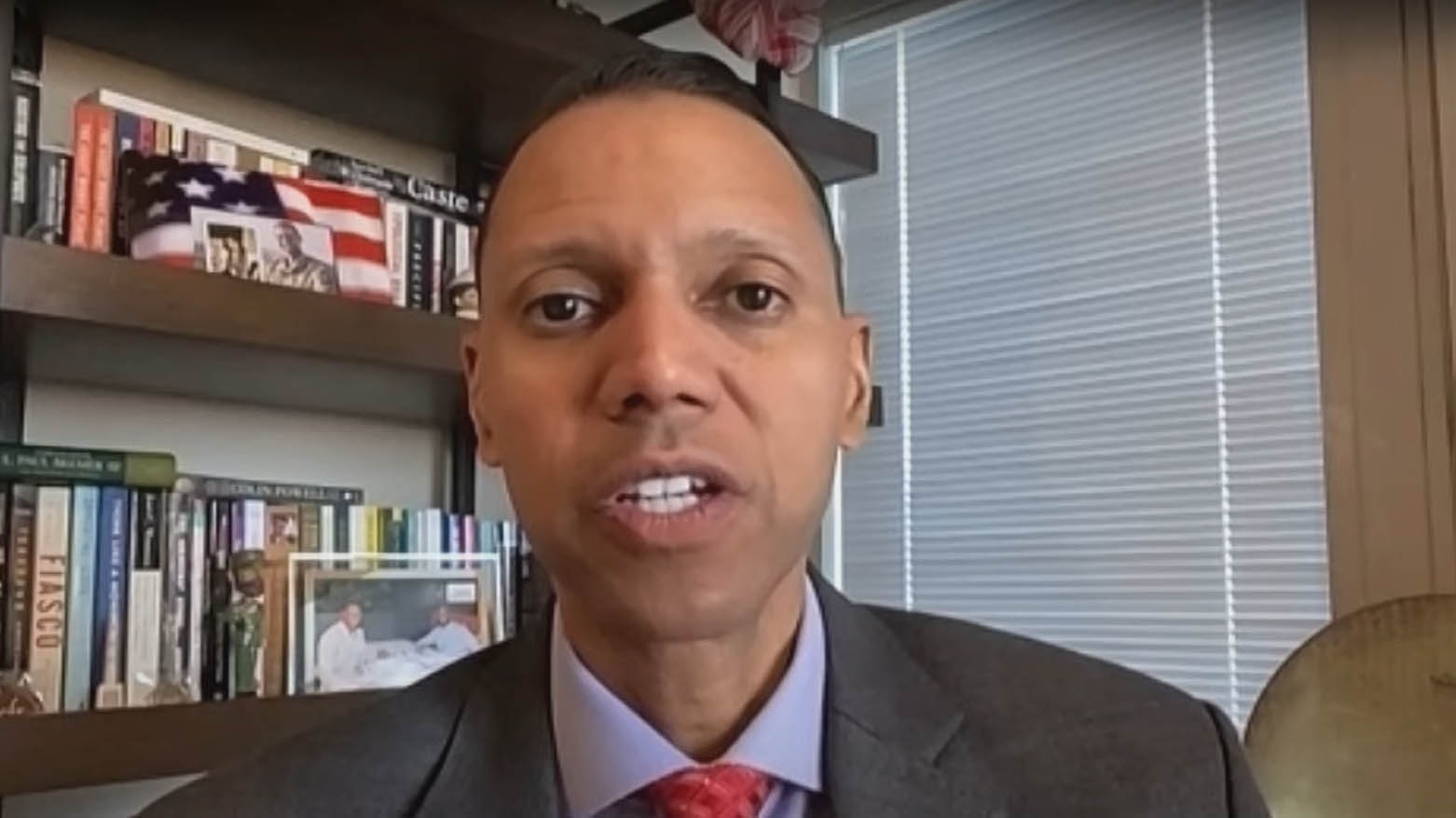APIKUR calls for clear agreements to resume Kurdistan Region oil exports, says spox
He added that the United States remains highly interested in reopening the pipeline, and both the Biden and Trump administrations are discussing the matter.

ERBIL (Kurdistan24) – The Association of the Petroleum Industry of Kurdistan (APIKUR) described its recent meeting in Baghdad as a step forward in discussing resuming oil exports from the Kurdistan Region, emphasizing the need for clear agreements and written guarantees.
Col. Myles B. Caggins III, APIKUR’s spokesperson, on Thursday told Kurdistan24 that the meeting allowed APIKUR member companies to directly convey their conditions to the Iraqi government and the Kurdistan Regional Government (KRG).
A key issue under discussion is selecting an international consultant to assess oil production and transport costs. APIKUR has urged the Iraqi government to define the consultant’s scope of work, responsibilities, and timeline. The association has also provided the KRG’s Ministry of Natural Resources with a list of independent experts for the assessment.
Further meetings are planned to establish agreements that would allow oil exports through the Iraq-Turkey pipeline to resume, a priority emphasized by Iraqi Prime Minister Mohammed Shia al-Sudani. APIKUR member companies have called for transparent and fair agreements on future payments, including the settlement of $1 billion in overdue invoices.
“We need written guarantees and have proposed solutions,” Caggins stated. He noted that APIKUR is open to receiving payments in kind—where companies would sell an allocation of the oil they produce—or through a cash escrow system to ensure timely payments. He stressed that financial arrangements should not be affected by political disputes between Baghdad and Erbil.
While Turkey has announced that the Iraq-Turkey pipeline is ready for operation following inspections, APIKUR emphasized that agreements between the Iraqi government and the KRG are still required before exports can resume.
Caggins also highlighted the strategic importance of oil exports from both the Kurdistan Region and southern Iraq, arguing that a stable energy sector would strengthen the country’s economic and security standing. He reiterated that APIKUR’s role is not to control exports—this responsibility lies with the State Organization for Marketing of Oil (SOMO) and the Iraqi Minister of Oil.
He added that the United States remains highly interested in reopening the pipeline, and both the Biden and Trump administrations are discussing the matter. Given the significant development, humanitarian, and military assistance the US provides to Iraq, APIKUR called on Iraqi authorities to ensure the fair treatment of American and foreign oil companies, particularly in the Kurdistan Region.
“The only obstacle to resuming exports is the need for clear agreements,” Caggins stated, adding that a simple three-page document could resolve the issue and allow exports to resume under standard business practices.
As negotiations continue, APIKUR has expressed its readiness to meet again and finalize an agreement that would benefit all parties involved.
